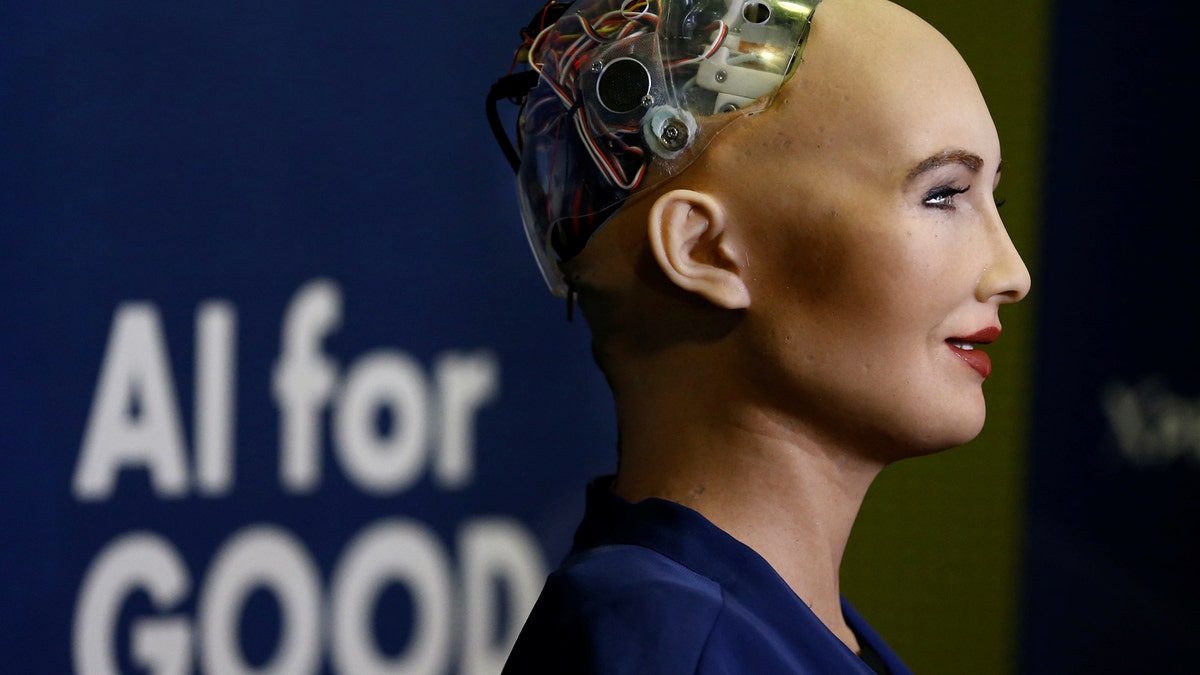
File photo: Sophia, a robot integrating the latest technologies and artificial intelligence developed by Hanson Robotics is pictured during a presentation at the "AI for Good" Global Summit at the International Telecommunication Union (ITU) in Geneva, Switzerland June 7, 2017. (REUTERS/Denis Balibouse)
This AI will tell people when theyre likely to die -- and thats a good thing. Thats because scientists from the University of Adelaide in Australia have used deep learning technology to analyze the computerized tomography (CT) scans of patient organs, in what could one day serve as an early warning system to catch heart disease, cancer, and other diseases early so that intervention can take place.
Using a dataset of historical CT scans, and excluding other predictive factors like age, the system developed by the team was able to predict whether patients would die within five years around 70 percent of the time. The work was described in an article published in the journal Scientific Reports.
The goal of the research isn't really to predict death, but to produce a more accurate measurement of health, Dr. Luke Oakden-Rayner, a researcher on the project, told Digital Trends. A patient's risk of death is directly related to the health of their organs and tissues, but the changes of chronic diseases build up for decades before we get symptoms. By the time we recognize a disease is present it is often quite advanced. So we can take a known outcome, like death, and look back in time at the patient's medical scans to find patterns that relate to undetected disease. Our goal is to identify these changes earlier and more accurately so we can tailor our treatment to individuals.
The AI analyzes CT scans to make its decisions.
More From Digital Trends
- Miserable tweets, virus parameters help researchers accurately track the flu
- Demystifying artificial intelligence: Here's everything you need to know about AI
- Measuring how fast you walk could be an early warning system for health problems
- Machine learning helps researchers predict cardiovascular disease
- Artificial intelligence can invent new drugs far faster than any human could
At present, this is still a proof-of-concept experiment, however, and Oakden-Rayner points out that theres a lot more work to be done before this becomes the transformative clinical tool it could be. For one thing, the AIs 70-percent predictive accuracy when looking at scans is in line with the manual predictions made by experts. That makes it a potential time-saving tool, or a good means of double-checking, but the hope is that it can be much more than that.
Our next major step is to expand our dataset, Oakden-Rayner continued. We used a very small cohort of 48 patients in this study to show that our approach can work, but in general deep learning works better if you can give it much more data. We are collecting and analyzing a dataset of tens of thousands of cases in the next stage of our project.
The team also aims to expand what the AI is looking for, to help spot things like strokes before they strike.








































